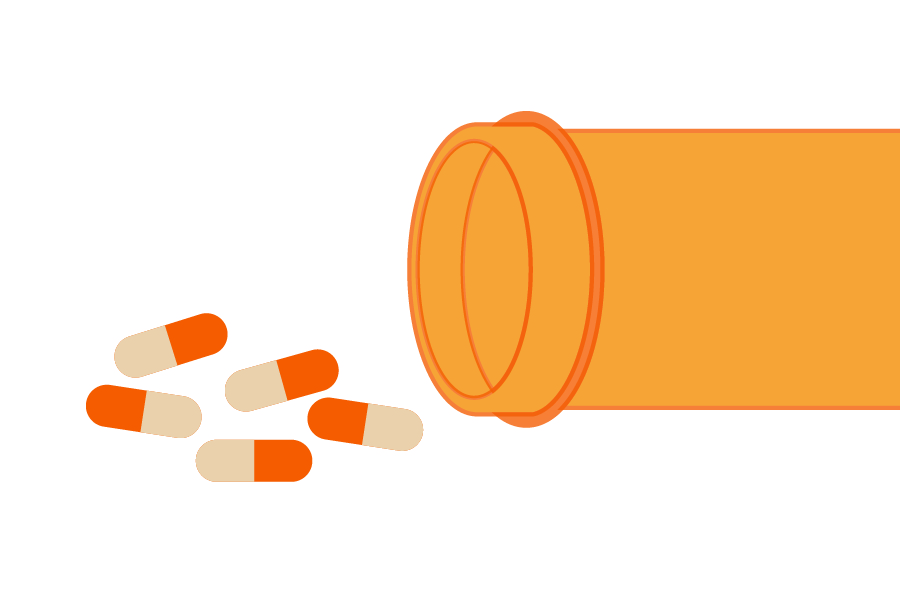Adderall Shortage Nearing its Fifth Month
The Food and Drug Administration released a statement that there was a national Adderall shortage in Oct. 2022. Five months later, the medication used to treat attention deficit hyperactivity disorder is still unavailable for many Americans.
Since the shortage was announced, several manufacturers such as Sandoz and Amneal Pharmaceuticals started producing more Adderall to combat the shortage. Unfortunately, those efforts have done little to supply consumers with the drug.
The FDA indicated in a report following their initial statement that “there is not an adequate supply to meet U.S. consumer demand.”
Those struggling with ADHD and narcolepsy have been forced to endure the shortage, and the number of people affected is growing. According to Health News, “ADHD diagnoses among children increased by 31% between 2010 and 2017. In addition, adult ADHD diagnoses have also increased, with prescriptions for Adderall rising by more than 15% in that age group.”
Problems associated with the Adderall shortage continue to get more serious with greater restrictions from the FDA and Drug Enforcement Administration. Adderall is a Schedule II controlled substance, meaning the DEA imposes production quotas limiting how much manufacturers can make in a year.
To update the quotas, the DEA must estimate how much Adderall patients will consume within the next year. These estimates have consistently fallen short since the start of the COVID-19 pandemic.
The problem is exacerbated by Teva, the pharmaceutical company producing most of the nation’s Adderall, being unable to manufacture the drug in large quantities due to ongoing supply chain struggles.
Additional problems from the FDA have only fueled the issue, as the administration has refused to allow pharmacies to substitute Adderall for a decent alternative.
This can leave Adderall consumers to go without the medication for days or even weeks. In some cases, consumers have even been known to develop painful and disruptive withdrawal symptoms.
The national shortage does not appear to have any clear end in sight, leaving many consumers worried about what comes next.




